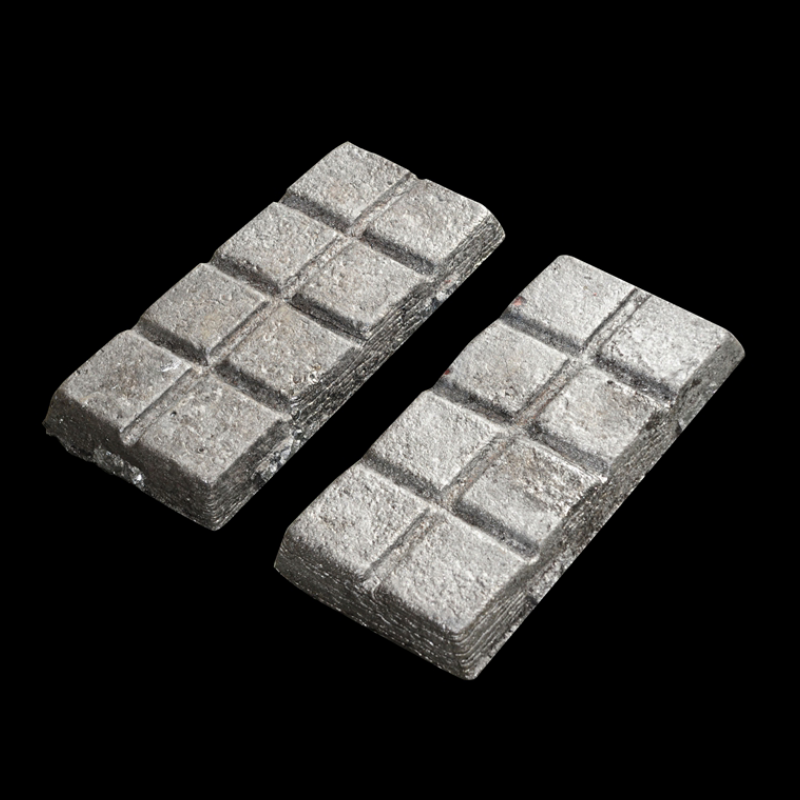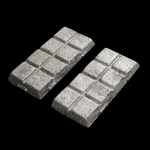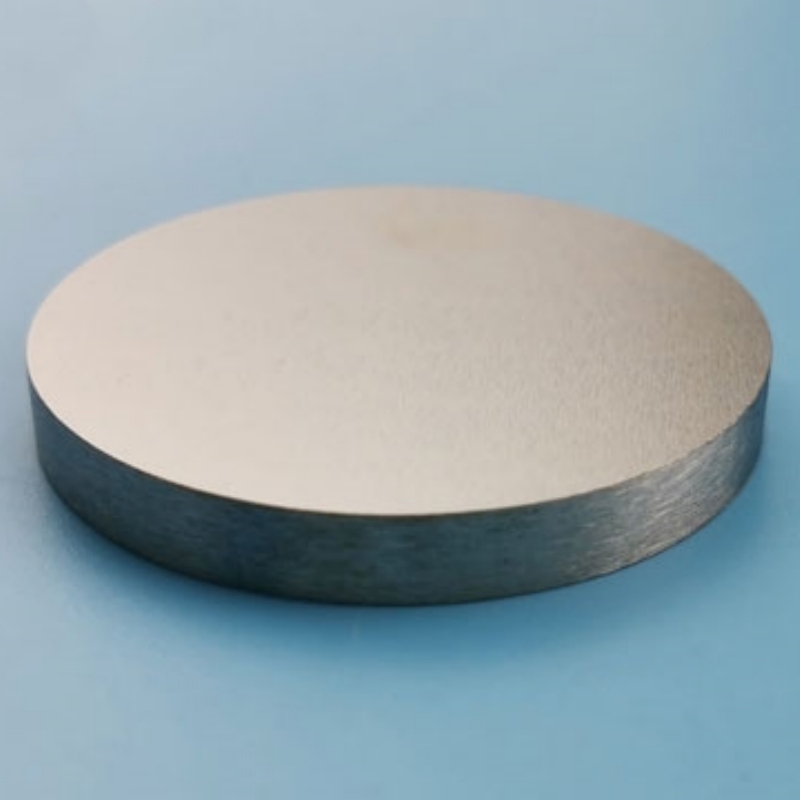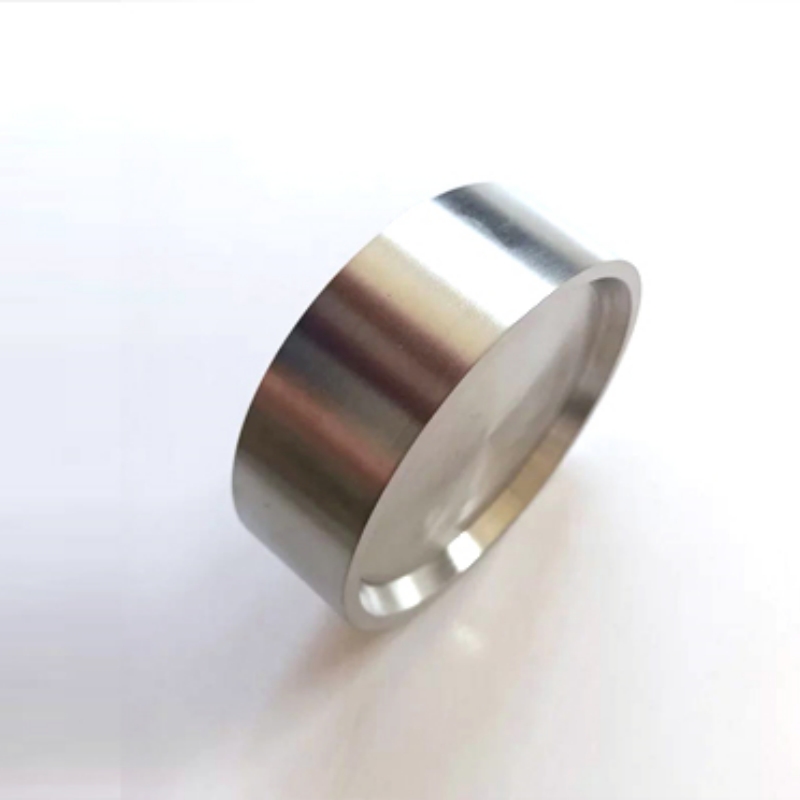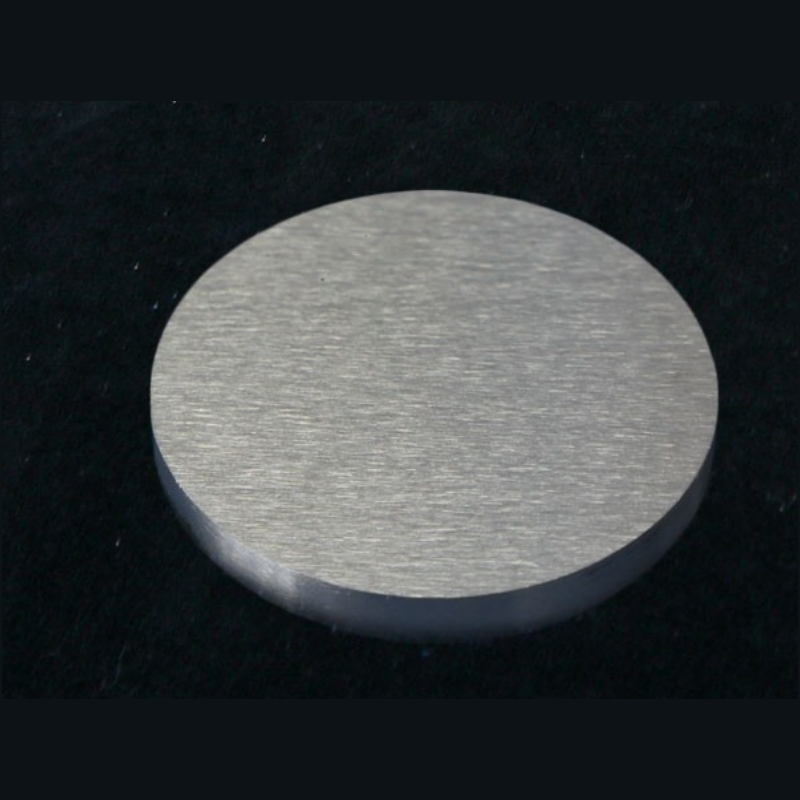Copper-phosphorus intermediate alloy (CuP14) is a high-performance metallurgical material known for its excellent deoxidation properties, thermal stability, and corrosion resistance. The addition of phosphorus enhances the alloy’s ability to refine grain structures, improve brazing characteristics, and optimize conductivity, making it ideal for aerospace components, electrical applications, industrial coatings, and precision manufacturing. Copper-phosphorus alloy plays a crucial role in advanced metallurgy, sustainable engineering, and high-performance material solutions.
Product Overview
Copper-phosphorus intermediate alloy (CuP14) is an additive used for adding phosphorus to copper alloys during smelting. The addition of phosphorus helps improve various properties of copper alloys, including strength, hardness, corrosion resistance, and oxidation resistance. Copper-phosphorus alloy is primarily used as an additive for the manufacture of other alloys or as a deoxidizer, degasser, desulfurizer, etc., in non-ferrous metal metallurgy. The combination of high-purity copper and phosphorus solves the problems of easy burning and high melting point associated with pure copper while improving the uniformity and quality of the alloy.
Key Features
- Combines high-purity copper with phosphorus to improve the mechanical properties of the alloy.
- Effectively enhances the strength, hardness, and corrosion resistance of copper alloys.
- Solves the problem of difficulty in melting copper alloys due to their high melting point.
- As an additive, it improves the alloy's oxidation resistance.
- Suitable for deoxidation, degassing, desulfurization, and other processes in the metallurgical industry.
Applications
- Copper Alloy Smelting:Used for adding phosphorus during copper alloy production to improve the alloy’s performance.
- Non-Ferrous Metallurgy:Used as a deoxidizer, degasser, desulfurizer, and other functional materials to optimize the smelting process.
- Electronics Industry:Used to enhance the performance of copper alloys in electronic devices.
- Mechanical Manufacturing:Enhances the hardness and corrosion resistance of copper alloys, extending their service life.
- Metal Metallurgy:Improves the high-temperature stability and uniformity of alloys.
 new material
new material

